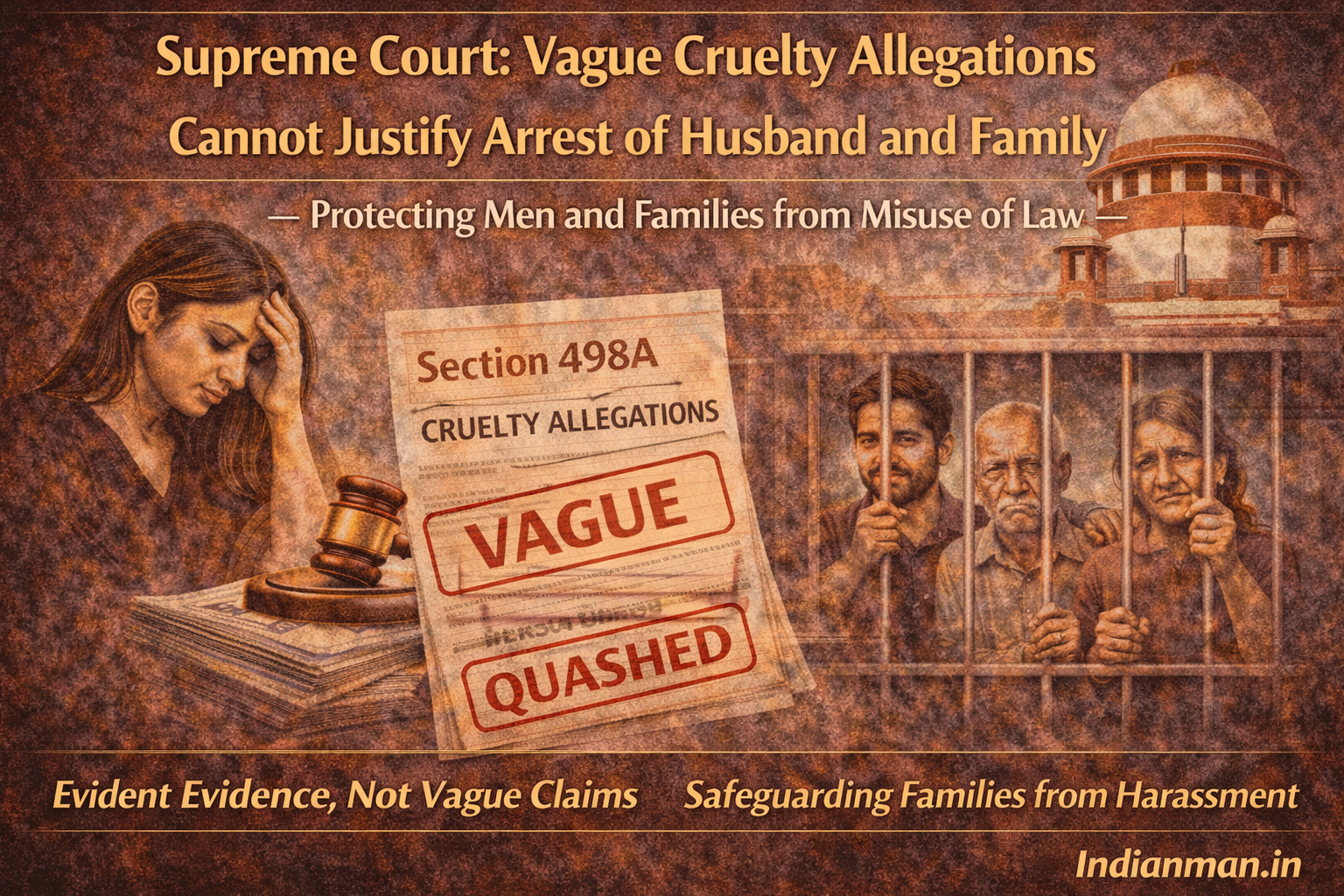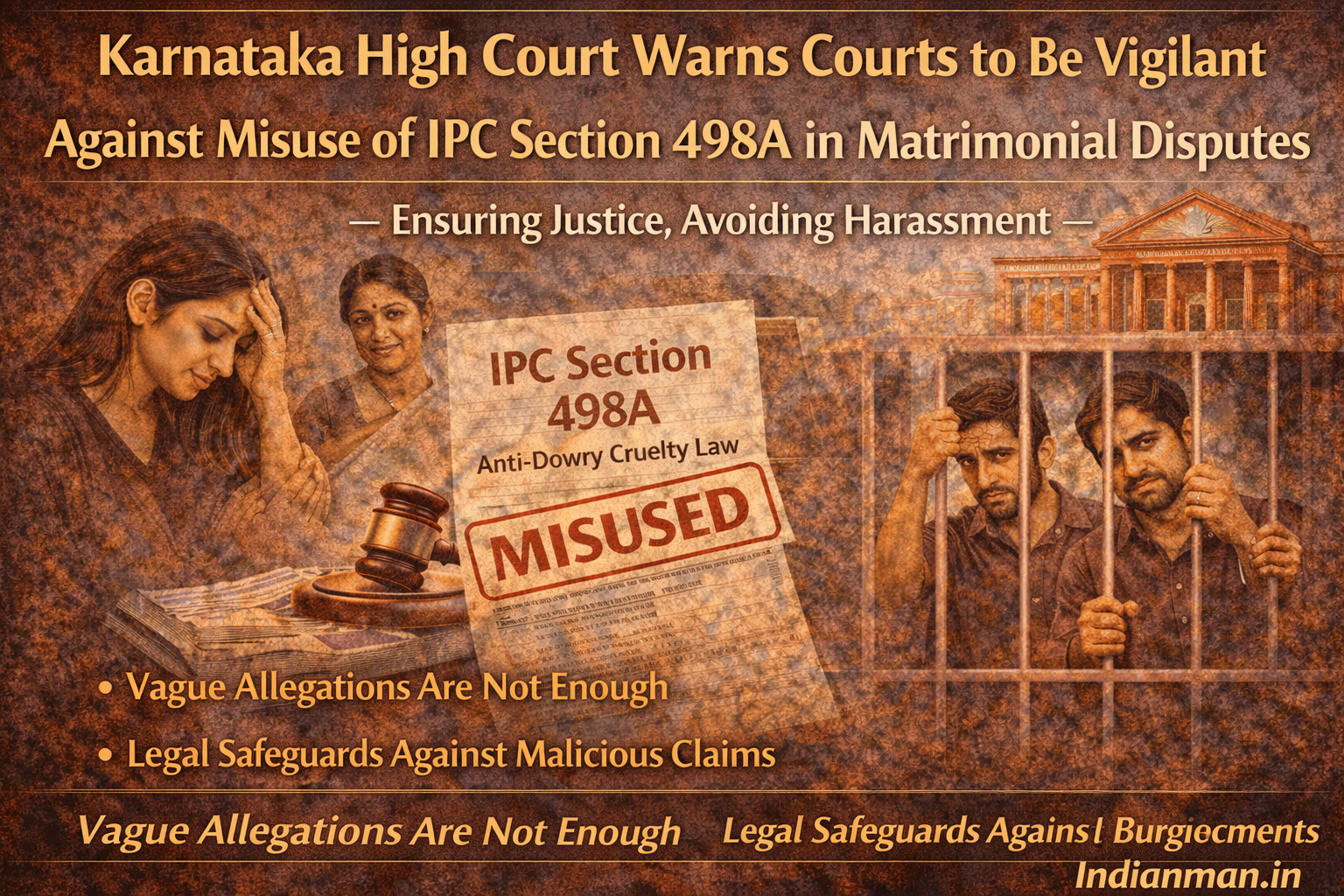Delhi High Court Highlights Women’s Role in Dowry Deaths: A Complex Issue Beyond Male Dominance
The Delhi High Court recently observed that the troubling pattern of dowry deaths in India reflects a societal failure to view women beyond financial burdens. Justice Swarana Kanta Sharma emphasized that these cases are not just about male dominance; women themselves often perpetuate hostility towards other women.
Justice Sharma noted, “It is distressing that such cases involve complex dynamics where women participate in hostility against their counterparts. These cases reinforce the notion that women are seen as financial burdens. From birth, many women’s marriage prospects and related expenses overshadow their education and career aspirations, especially in financially weaker sections of society.”
The Court further highlighted the severe psychological stress and emotional trauma caused by repeated dowry demands. This psychological torment can be more damaging than physical violence, as women are pressured to continuously ask their parents for money or expensive items to satisfy their in-laws’ demands.
In the case of Satpal Singh, who challenged his conviction and sentence in his wife’s 2000 suicide, the Court found that the deceased endured relentless torment. She was not allowed to contact or visit her parents, and her basic needs were often neglected. The trial court had convicted Singh in 2009 under Sections 498A (subjecting wife to cruelty) and 304B IPC (dowry death), sentencing him to 10 years of rigorous imprisonment.
“To subject a woman to a life akin to a slave merely because of her marital status is an egregious injustice. She should never become a target of violence or deprivation because her parents cannot meet her in-laws’ demands,” the Court stated.
The Delhi High Court upheld the trial court’s decision and ordered Singh to surrender within 30 days to serve the remainder of his sentence, as he had been out on bail since 2009. This case underscores the urgent need to address the deep-rooted societal issues contributing to dowry deaths and to ensure justice for victims.



